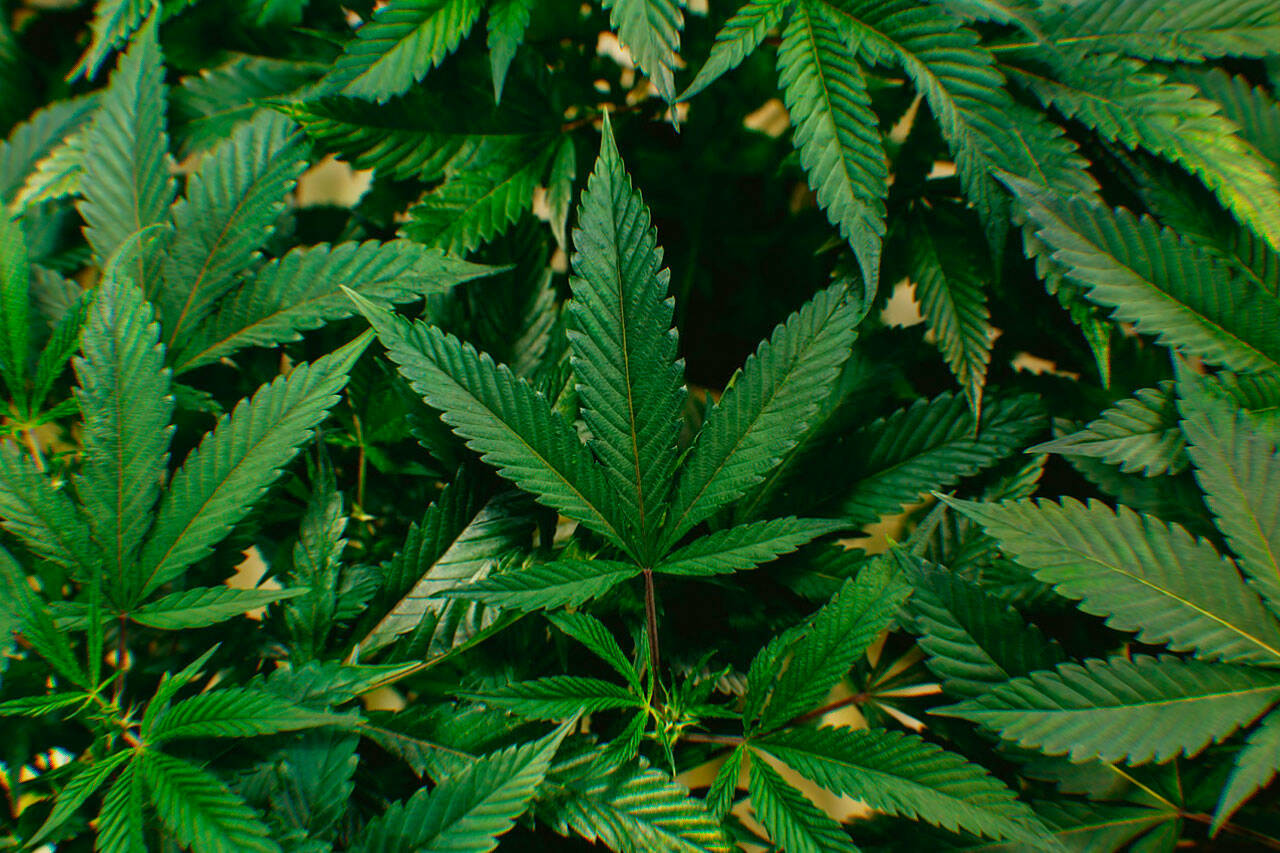"It didn't treat me, but it provided me the opportunity to get the rest I required to recover, and I had the ability to function at a much greater level than with the painkillers, that made me awaken foggy every day," he said. "With cannabis, I can consume it during the night and awaken with a clear head."Cannabis is a particularly effective treatment for people who require assistance with pain management, along with those with sleep disorders or anxiety; nevertheless, "there are hundreds of conditions that it treats," Rinella stated.
Medical decisions must not be made based upon advertising. Seek advice from a physician on the advantages and dangers of specific medical cannabis items.
The results of an online survey, making up 95 individuals, included in the Journal of Alternative and Complementary Medication in 2014. The scientists found that individuals preferred indica stress for discomfort management, sedation, and sleep while they would opt for sativa stress to improve energy and mood. Concerning pain management, individuals reported a statistically considerable result when using indica for: It is, however, crucial to keep in mind that this study had a number of restrictions.
Participants did not use the marijuana in a controlled setting, potentially leading to distinctions in drug composition, dose, and potency. Another research study examined the use of organically grown sativa and indica strains in the treatment of numerous medical conditions. Just over half of the individuals were utilizing cannabis to treat HIV.
The results suggested that indica pressures are most likely to enhance energy and hunger, while both sativa and indica pressures can minimize queasiness to a similar degree. Marijuana consists of substances that might ease discomfort, nausea, and other signs. The components of cannabis that many studies concentrate on for pain relief are cannabidiol (CBD) and tetrahydrocannabinol (THC).
CBDTHC looks like the cannabinoid chemicals that occur naturally in the body. When individuals ingest or breathe in THC, it the brain's cannabinoid receptors. This triggers the brain's benefit system and reduces discomfort levels. THC is a psychoactive compound as it binds to cannabinoid receptors and produces an elevated mindset, called a high.
